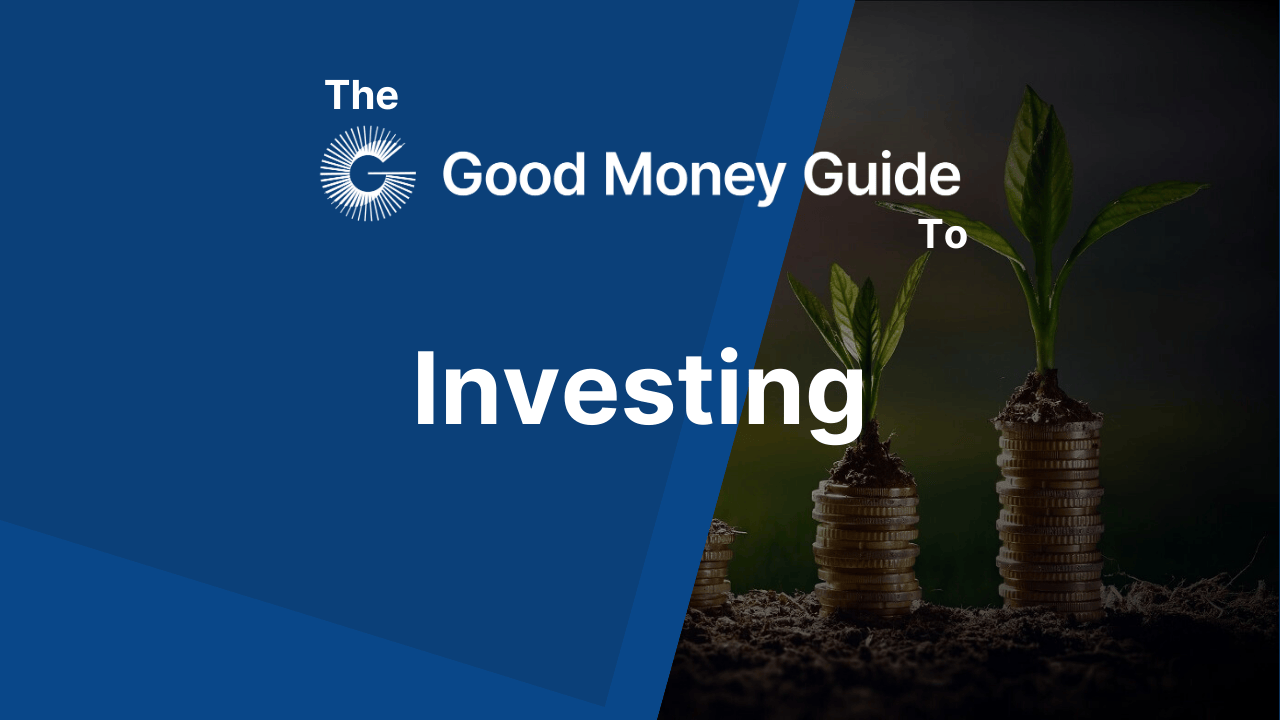Emotional Investing
Emotional investing refers to making investment decisions based on emotions like fear and greed, rather than logic and a well-thought-out strategy. These emotions can lead to poor decisions that often harm long-term performance.
The Impact of Fear and Greed:
Fear:
When markets decline, fear can push investors to sell their investments prematurely, trying to avoid further losses. This is often called panic selling.
Selling during a downturn can lock in losses and prevent you from benefiting when markets eventually recover.
Greed:
Greed can lead to chasing trends, like investing heavily in hot stocks or markets that have recently surged in...
Please register or log in to continue...
Become a better, more informed investor with Good Money Guide. Our expert, exclusive educational courses provide the sort of information that everyone, from first-time investors to experienced professional traders, can learn to profit from.

